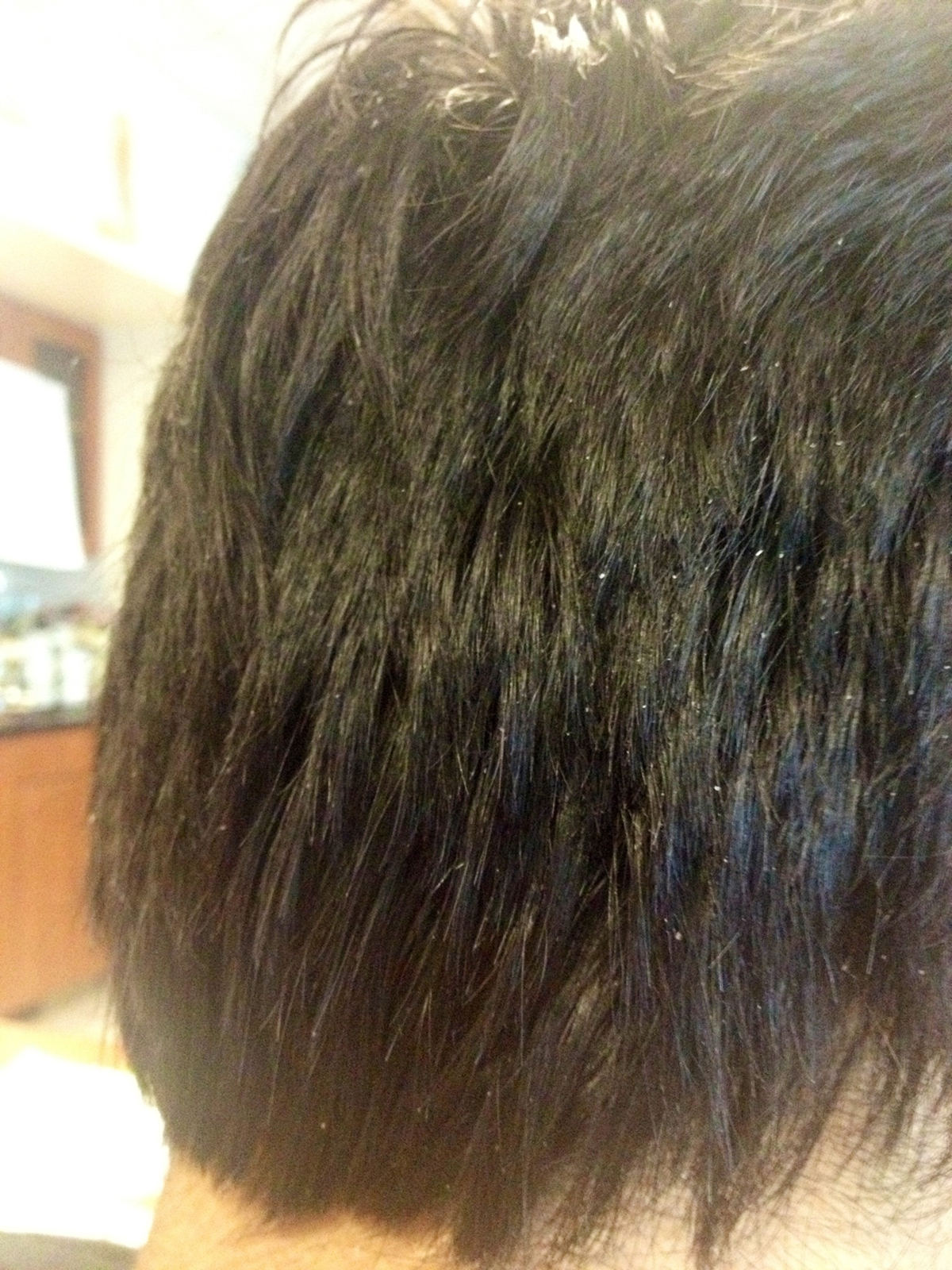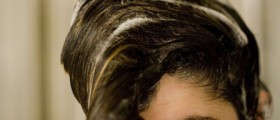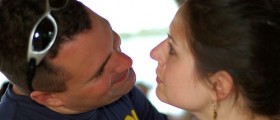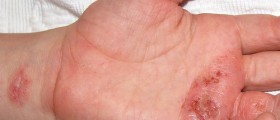
Dandruff is a skin condition affecting scalp, in which the dead skin cells are the shedding, often accompanied by itching. It is not contagious or dangerous, but it can be a very frustrating and embarrassing problem.
Causes of dandruff
Dandruff can be caused by many different factors. The most common one, and the simplest one, is dry skin. Skin can get dry for many reasons, because of the poor nutrition, poor hygiene, bad choice of hair products, or by very hot or cold air. The flakes caused by dry skin are smaller and less oily than dandruff caused by other factors and problems.
Seborrheic dermatitis, or irritated, oily skin, can cause dandruff as well. Skin is red and irritated, covered with white or yellow scales. Seborrheic dermatitis occurs on other body parts as well, especially those with more oil glands, like eyebrows, sides of the nose and behind the ears, as well as on chest, groins and armpits.
Poor hygiene, meaning not shampooing the hair often enough, can cause build-up of oils and lead to dandruff.
On the other hand, shampooing to often or with inadequate products can cause dandruff as well, especially if the shampoo is not rinsed properly. Other hair products, such as hair dye, can be the cause too.
Psoriasis, a dermatological condition with flaky, scaly skin, can sometimes affect the scalp, although it usually appears on the knees, elbows, back and chest. If it affects the scalp, it causes dandruff.
Eczema is another condition which may cause dandruff if affecting the scalp.
Malassezia is a yeast-like fungus which can be normally present on the scalp. If it grows too much it can irritate the skin, which starts producing new skin cells and shedding the dead ones. Dead skin cells clump together with excess oil and form white flakes.
Factors that contribute to dandruff
Everyone can have dandruff, and many people do or have had it once in their life. Some factors, however, increase the possibility of having chronic problems with dandruff.
Age, for example, is one of those factors. Not many children have dandruff, as it usually starts in young adulthood and peaks in the middle age. Elderly can have dandruff too.
Men seem to be more prone to dandruff so sex may be a factor as well. This can be caused by their hormone levels or by the fact that oil glands in males are larger.
Oily hair and oily scalp are significant contributors to dandruff. Malassezia feeds on oils in hair and scalp and it can lead to its overgrowth.
Some nutritional deficiencies, like the insufficient intake of zinc, vitamins of the B complex and some fats can lead to dandruff as well.

















Your thoughts on this
Loading...